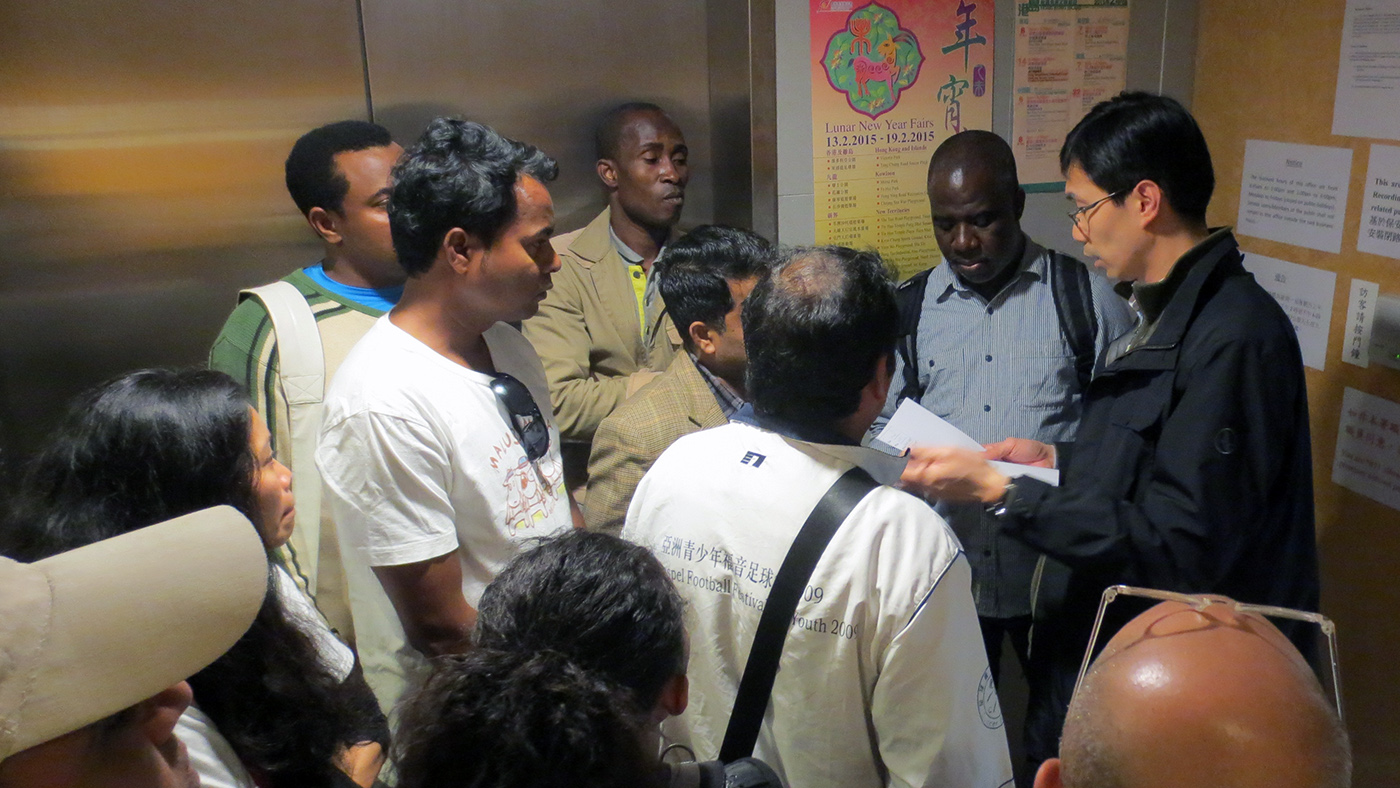
The big picture is one of government policies crafted to punish individuals for seeking asylum and encourage their departure. The justifications of ‘avoiding the creation of a magnet effect’ and ‘preventing the opening of flood-gates’ are cunningly raised to stoke fears and draw support for the current treatment that borders on social cleansing.
Propaganda brainwashes the minds and pollutes the hearts of gullible citizens who unwittingly (or not) are imperceptivity conditioned to homogenize refugees’ narratives and motives into an amalgam rich with xenophobia and poor in human rights. This reduces refugees to an annoying inconvenience for otherwise comfortable residents, some of whom might make a living in the asylum field.
On 2 April 2015, two refugee women reported recent experiences with service providers who used a malicious tool to abuse and deprive them of respect – words. Both were women, both were mothers, both were gentle and soft-spoken and unlikely to kick up a storm in protest, which conditions demand we listen carefully to their complaints.
A South Asian mother of one, complained to her case worker (name withheld) about the quality of food collections. She expressed her views politely, requesting improved provisions that were not always the cheapest available. The mother lamented that foodstuff for children had little nutritional value and lacked variety. She said she was told: “Why you complain? It is free! You should be happy with what you get for nothing.”
An African mother of three, reported to her case worker that some food was contaminated. A Ziploc bag containing a box of macaroni was produced as evidence. The package was home to two undesirable creatures, one dead and one alive – cockroaches! The case worker presumably handled the issue with the grocery shop concerned. At the next food collection the mother had another unpleasant surprise. Instead of an apology, she received threats. She said she was told: “Why you give me trouble? Did I give you trouble? So now you want trouble for your family?”
Refugees need not be treated as high-value customers at some luxury shop. Yet they are customers nonetheless. Case workers earn salaries to perform a welfare job on behalf of the Hong Kong people. They need not be grateful, but they ought to be respectful. It is hoped more emphasis will be placed on professionalism that might build understanding and ultimately improve services.
The shopkeepers and owners of the seven grocery shops appointed by ISS-HK run profitable businesses. They are not doing charity by any means. Presumably they earn a decent profit on every item sold, including the contaminated box of macaroni. The outcome might have been different if the package had been given to the Food and Environmental Hygeine Department (FEHD), which Vision First advises refugees to approach in such cases.
Why should refugees be intimidated when raising legitimate complaints? Why should a mother be targeted for reprisal for speaking out?


